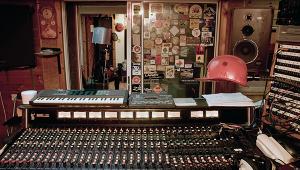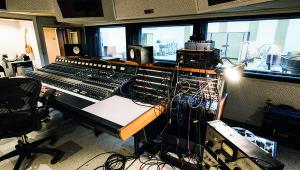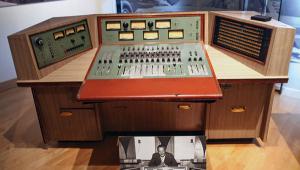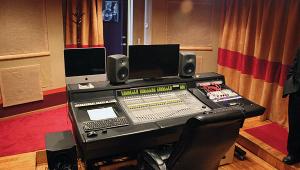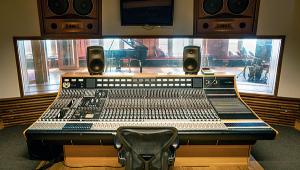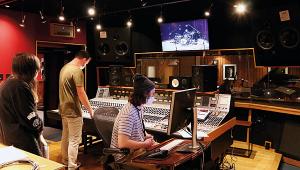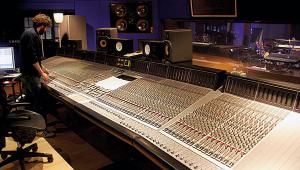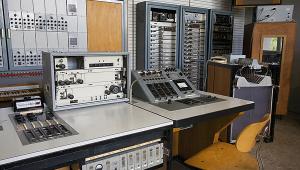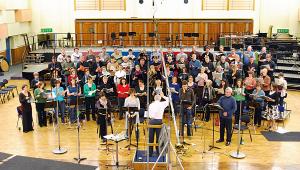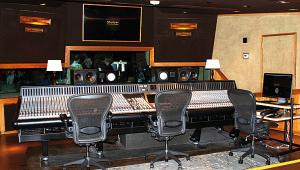Trident Studios Page 2
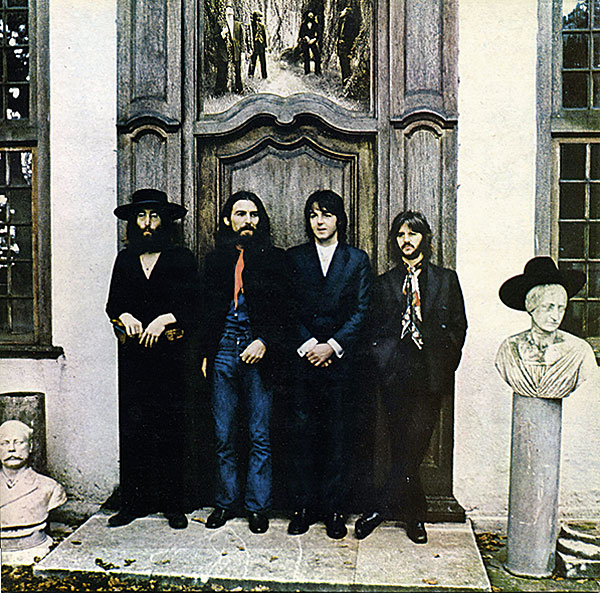
Gloriously Raw
Beatle pals The Bonzo Dog Doo Dah Band recorded their Tadpoles and Keynsham albums at Trident, and Harry Nilsson did Nilsson Schmilsson, that spawned his mega-hit 'Without You'. Once the word was out that Trident had received the Fabs' holy blessing, it was only a matter of time before the rest of the movers and shakers piled in.
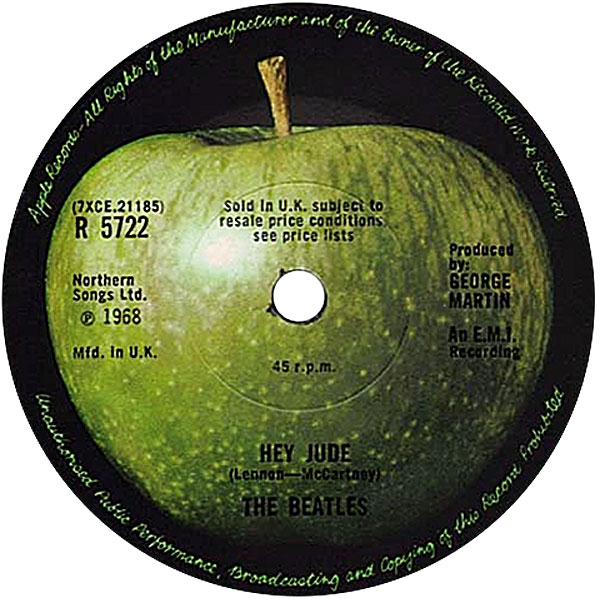
The Small Faces did their masterpiece Ogden's Nut Gone Flake there, The Stones trooped in for 'Midnight Rambler' and Let It Bleed, Free did Fire And Water and Marc Bolan pitched up in the guise of the impishly psychedelic Tyrannosaurus Rex to do Prophets, Seers & Sages: The Angels Of The Ages in 1968. Three years later, in cahoots with novice producer Tony Visconti, Bolan emerged a fully-fledged Glam Rock God with T Rex and Electric Warrior, the latter's gloriously raw sound aided by echo and reverb courtesy of miking up Trident's toilets.
Key Player
Desperate not to miss the boat, David Bowie gave Trident a go with spectacular results, recording his Space Oddity, The Man Who Sold The World, Hunky Dory, Ziggy Stardust and Aladdin Sane albums at the facility. He also joined the ranks of Trident producers by helming Lou Reed's Transformer and Mott The Hoople's All The Young Dudes at his favourite studio. In 2017, a blue plaque was unveiled outside Trident in the recognition of all Bowie's work there.
Another of Trident's early clients was Elton John. With producer Gus Dudgeon [HFN Sep '20] working the controls he recorded his Tumbleweed Connection and Madman Across The Water albums there, and returned for the final mixes of Honky Chateau, Don't Shoot Me I'm Only The Piano Player and Goodbye Yellow Brick Road.
Genesis also forged a long and fruitful relationship with the studio; Trespass, Nursery Crymes and Selling England By the Pound among the albums they recorded. An unsung hero in all this activity was the studio's handmade 100-year-old-or-so
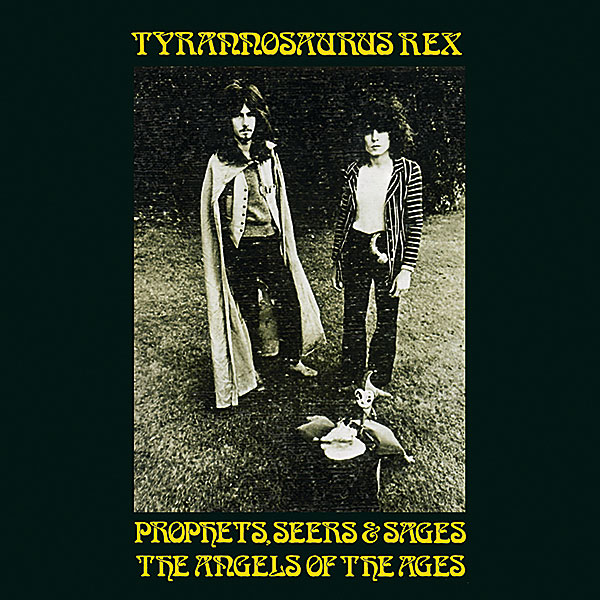
C Bechstein concert-sized piano which featured on tons of hits, including Queen's 'Bohemian Rhapsody'. The group had appeared on Norman's radar in an early incarnation called Smile. He liked the cut of their gib and in 1972, looking to expand his business, he launched Neptune Productions initially signing three artists – Mark Ashton, Eugene Wallace and Queen.
The agreements with the artists were for recording and publishing, but Queen had no management, so they insisted Trident also take on that responsibility. Norman agreed and in November Queen signed with Trident Recording, Publishing and Management. The plan was that the band would use studio dead time, mostly after midnight and before 7am, to hone their chops with the help of engineer Roy Thomas Baker [HFN Jun '17] while the company shopped them around for a label.
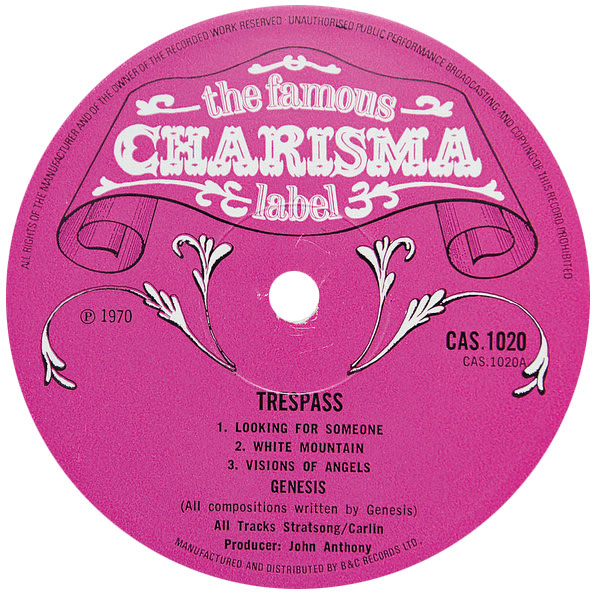
Falling Out
There were no takers so eventually Trident released Queen's eponymous first album through a licensing deal with EMI. Queen II followed in 1974 and then came Sheer Heart Attack, both albums released under the same deal. Sheer Heart Attack was mixed at Trident, each song cut up into little edited sections of about 15 to 20 seconds in length.
And then came the falling out. As usual, money was at the root of it but, in a nutshell, the band decided to sever all ties with Trident to whom they still owed three albums as per their original contract. It all got messy, an arrangement was reached and then… 'Death On Two Legs', which is where we came in.
The libel suits were finally settled out of court and Queen and Trident went their own ways. Norman sold the studio in 1981 and passed away from cancer in 2014. Today 17 St Anne's Court is home to Sonorous Trident, which handles sound mixing and content for TV and film.
